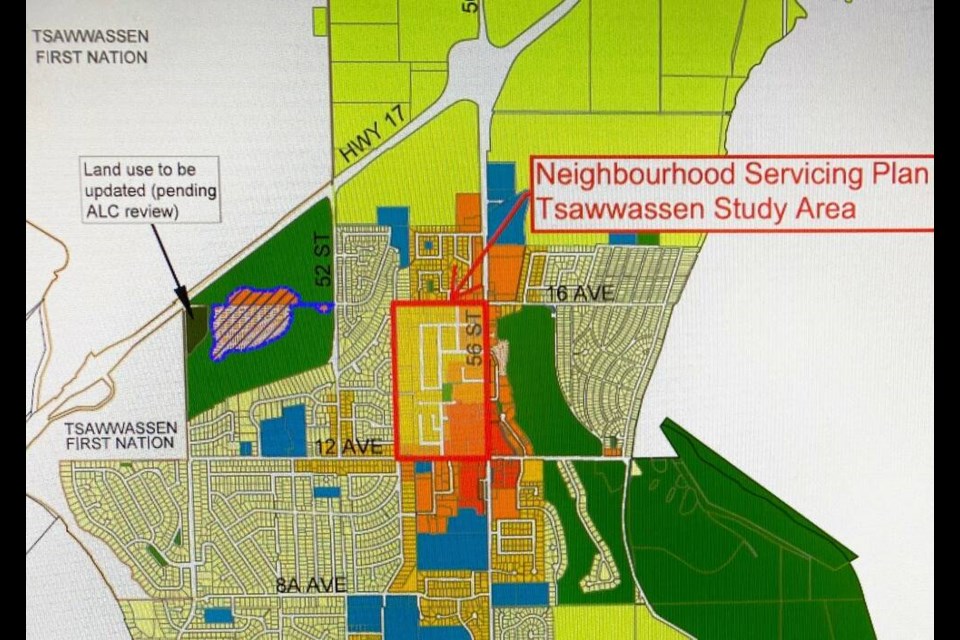The City of Delta has issued a request for bids for a consultant to development neighbourhood servicing plans for three neighbourhoods.
The objective of the servicing plans in the specified areas within North Delta, Ladner and Tsawwassen is to determine long-term utility and transportation infrastructure needs to accommodate future growth in Delta’s new Official Community Plan (OCP).
Delta has identified the neighbourhoods in each of the three communities where water, sanitary, drainage and transportation infrastructure may need to be improved.
The project also includes a separate transportation study for North Delta.
The new OCP policies will establish a framework for the project, according to the request for proposals, noting the successful consultant shall also develop an implementation and financing strategy for the proposed infrastructure upgrades.
A Metro Vancouver report this year notes the region faces challenges when planning for regional liquid waste infrastructure.
Currently, Metro staff use population and land use projections provided by Regional Planning to model future infrastructure demands, including for approximately 50 years, but that information does not always account for spatial allocation, density, pace of development or changes to anticipated growth.
The region’s growth typically exceeds the pace of data collection and distribution, the report notes, adding that to improve the accuracy of future capital planning, it is essential for member jurisdictions to coordinate with Metro Vancouver to determine where regional upgrades may be needed as local and neighbourhood plans evolve.
“Engaging on an ongoing and timely basis is crucial. By notifying Metro Vancouver of future development plans, member jurisdictions can help in the planning and delivery of consistent, high quality, and economical regional liquid waste services. This will ultimately minimize the risk of service disruptions, delayed occupancy or completion, and ensures the continued growth and success of the region,” the report explains.



